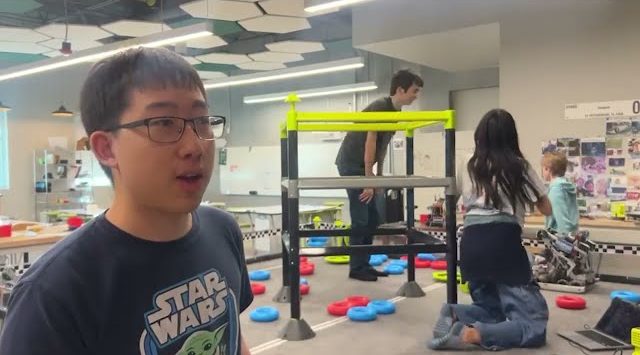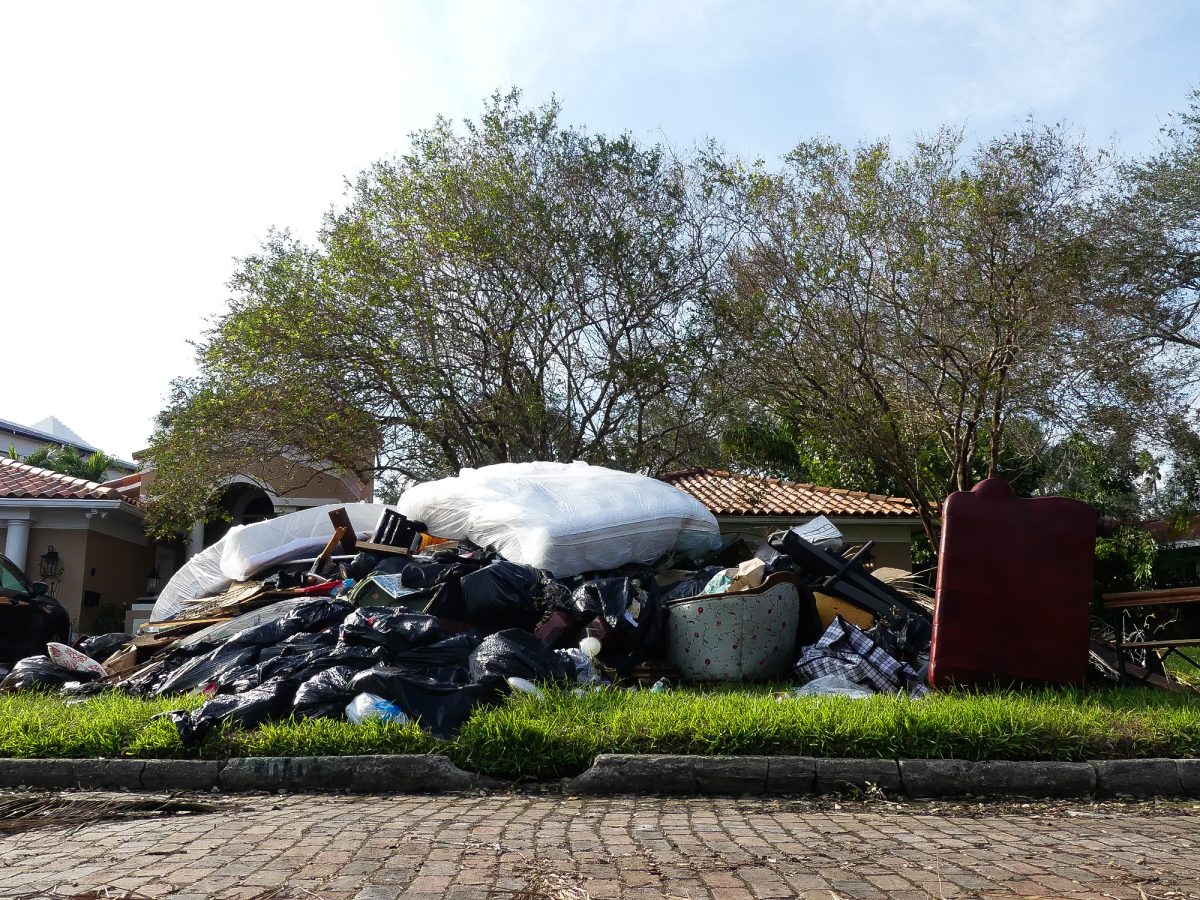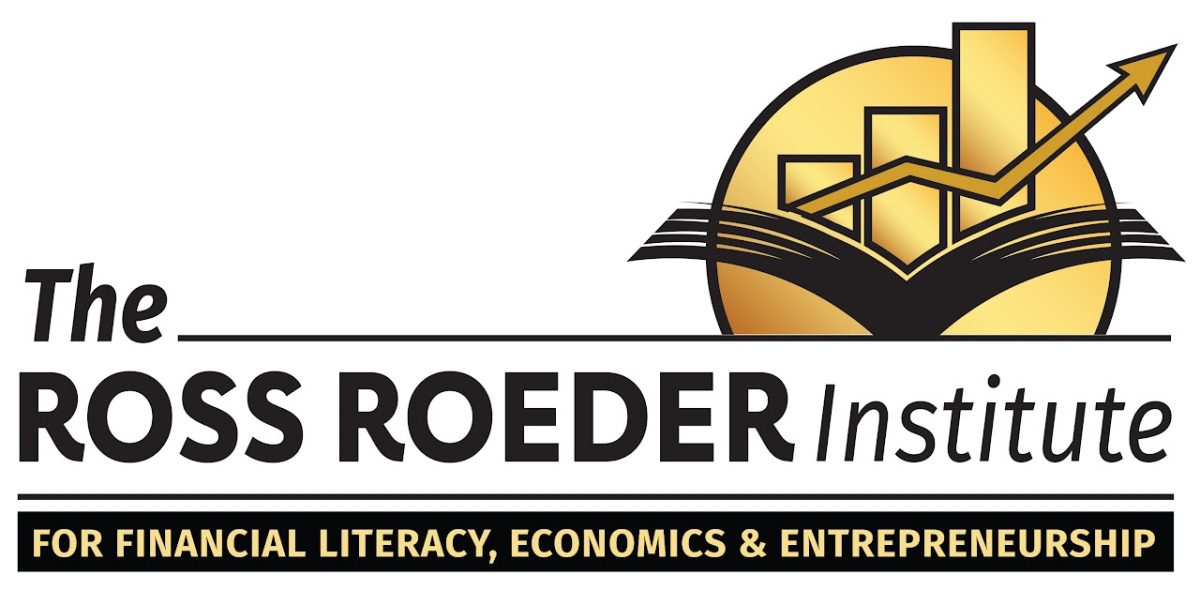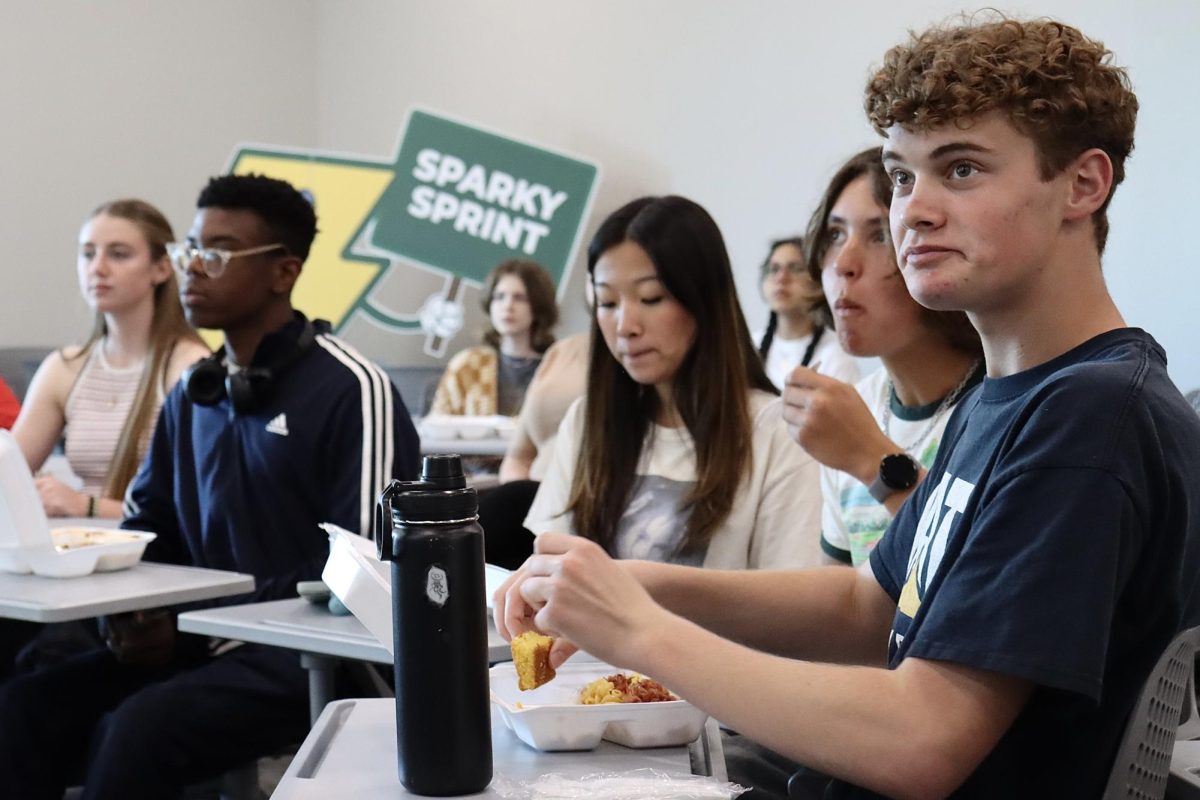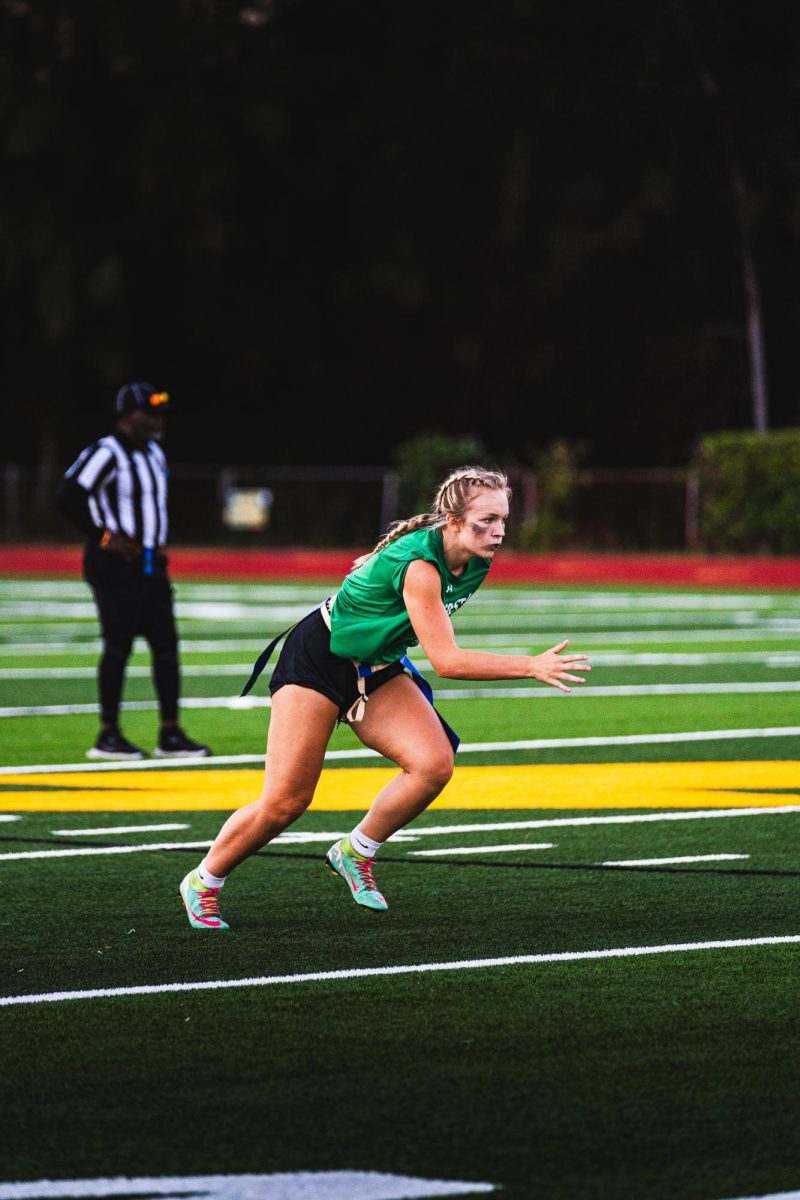For most students, 7:30 a.m. is reserved for groggy mornings and rushed routines, but for senior Chris Booth, the morning of January 14th marked the culmination of a journey years in the making. His Global Scholars Initiative (GSI) presentation, titled “Delivering Sustainability: A Comparative Study Between Amazon and DHL,” was the result of a multi-year study regarding corporate governance and green economics.
The project aimed to examine how corporations in different market structures tackle the ongoing challenge of sustainability. Booth’s findings were illuminating. “In America, where the market is freer, there’s more horizontal integration in sustainability,” he explained.
Booth pointed to Amazon’s Climate Pledge Fund, a coalition of companies united to innovate sustainable solutions for a better future. “One example is the Amazon Rivian trucks: there are already 20,000 out, and they’re aiming for 100,000 by 2030,” Booth said.
For those less familiar with economics jargon, Booth broke it down: horizontal integration is about companies collaborating, while vertical integration involves building internal infrastructure. He contrasted Amazon’s approach with DHL’s more vertically integrated strategy, where sustainability measures extended to suppliers and logistics, aiming to target the root of the issue.
The seeds of Booth’s interest in sustainability were planted years before his GSI project. “It started back in eighth grade when my dad introduced me to stocks,” he said. A company called PureCycle Technologies, which pioneered plastics recycling, caught his attention and opened his eyes to the broader field of green economics.
By sophomore year, Booth was honing in on the logistics industry, recognizing its massive carbon footprint and potential for change.
While the finished presentation seemed polished and effortless, the journey was far from it. Booth admitted the early stages were rough. “I’d look at company documents full of random numbers and think, ‘That’s cool, I’ll throw that in my annotated bibliography,’” he laughed.
Progress came when he turned to academic sources like JSTOR, ProQuest, and his long-form source, a book titled Green Swans, which helped him build a foundation for his arguments.
Interviews with industry professionals were another obstacle. “Reaching out to people was intimidating,” Booth said. “These are people who’ve been in the workforce longer than I’ve been alive. It’s hard to hold an intelligent conversation when you know they have ten times more knowledge than you.”
Despite his nerves, he successfully interviewed department heads from Amazon and DHL and a professor specializing in sustainability, gaining invaluable insights.
US Social Studies Department Chair and GSI Director Kayla Brazee emphasized the program’s depth. “GSI is one of our signature programs, and the goal of the program is to make our students become more informed global citizens. The students work for around two and a half years with an advisor on forming arguments and finding research to substantiate their arguments.
Booth’s GSI project wasn’t just about research; it was a transformative experience. “High school is a time of change, and this project helped me define what I want to pursue,” he said.
With his interest in the intersection of economics and policy solidified, he now dreams of interning at the Federal Reserve or the U.S. Treasury while studying at Davidson College.
As Booth stood before his audience that early Tuesday morning, his mature delivery embodied the years of effort, frustration, and growth that went into the project.
The Global Scholars Initiative didn’t just challenge Booth academically, but it also prepared him to engage with the world’s most pressing issues with confidence and insight.
Brazee said, “When I think of the kind of students that I want in GSI or the impact that I want the program to have on students, Chris was a great example of that.”

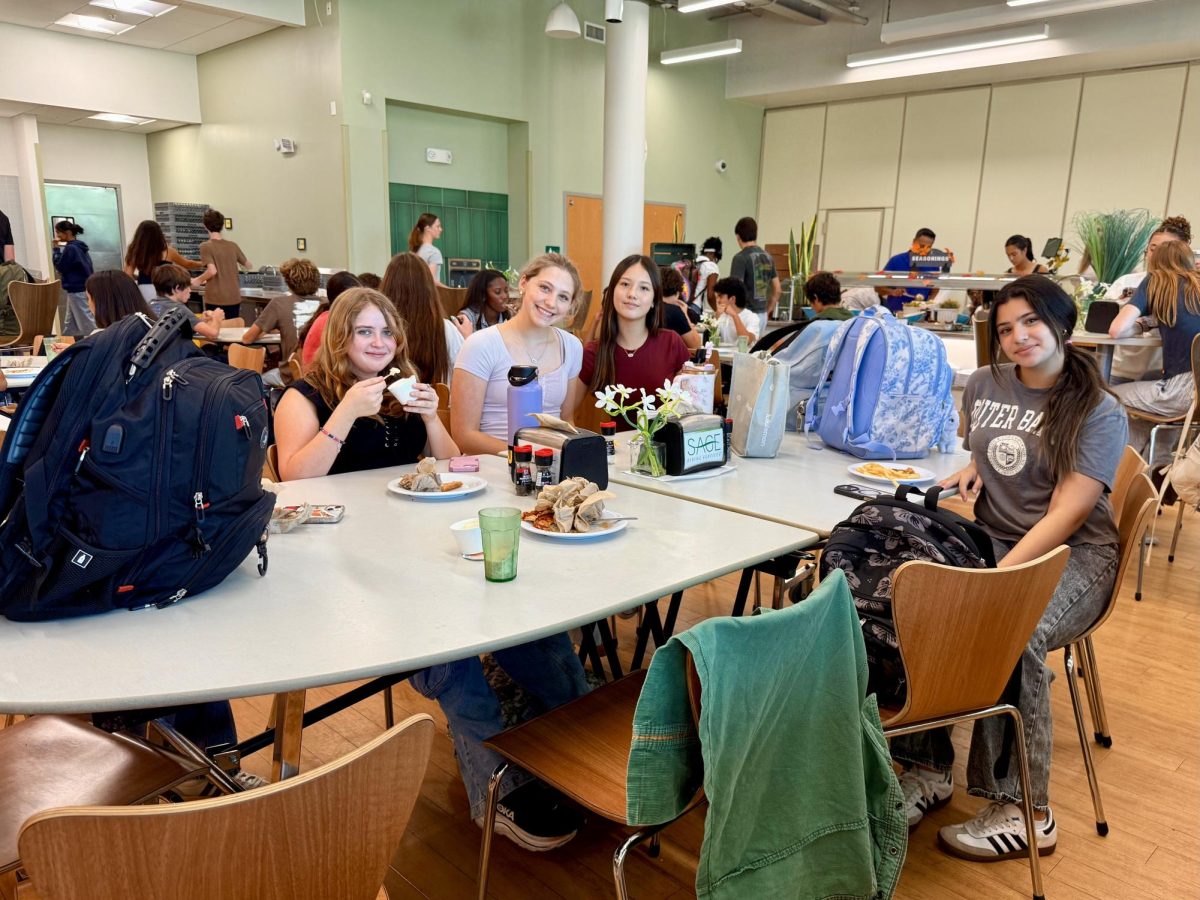


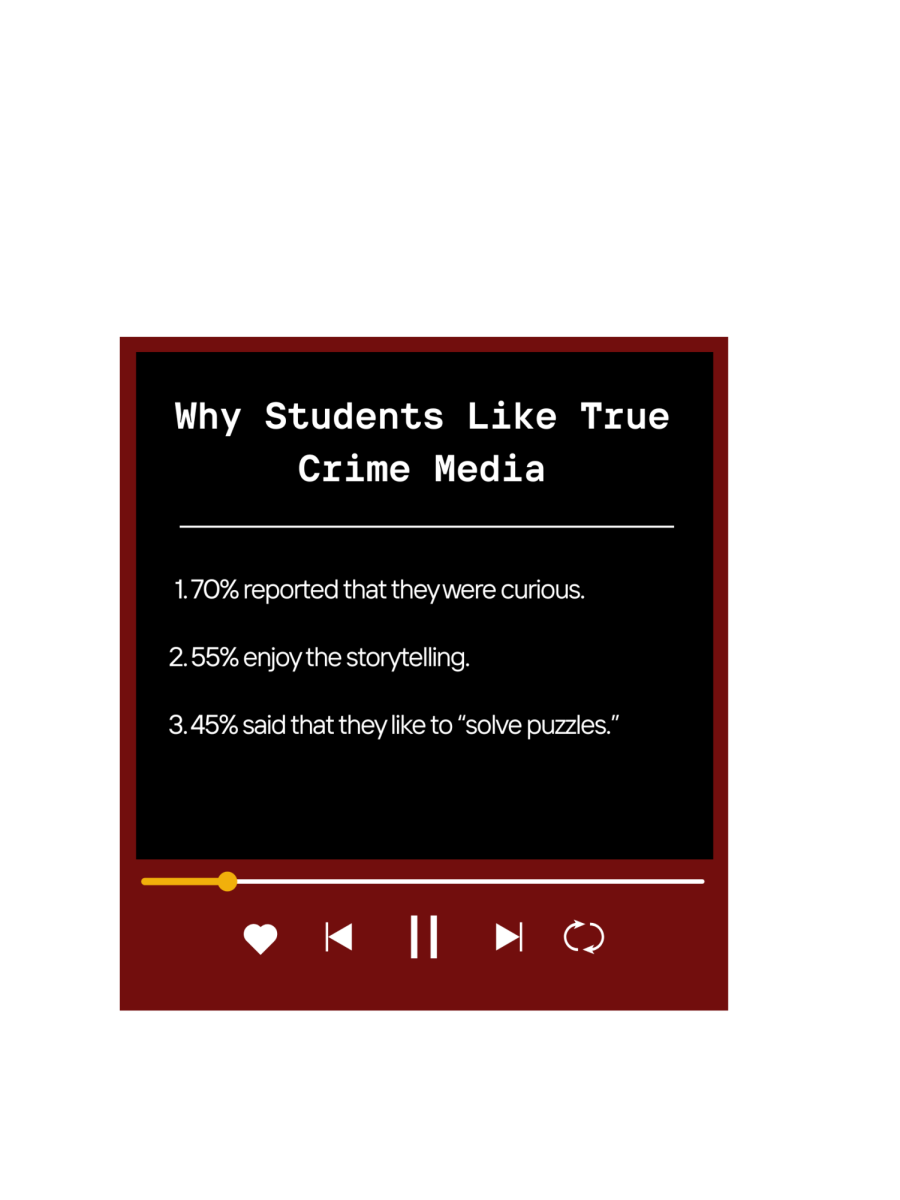



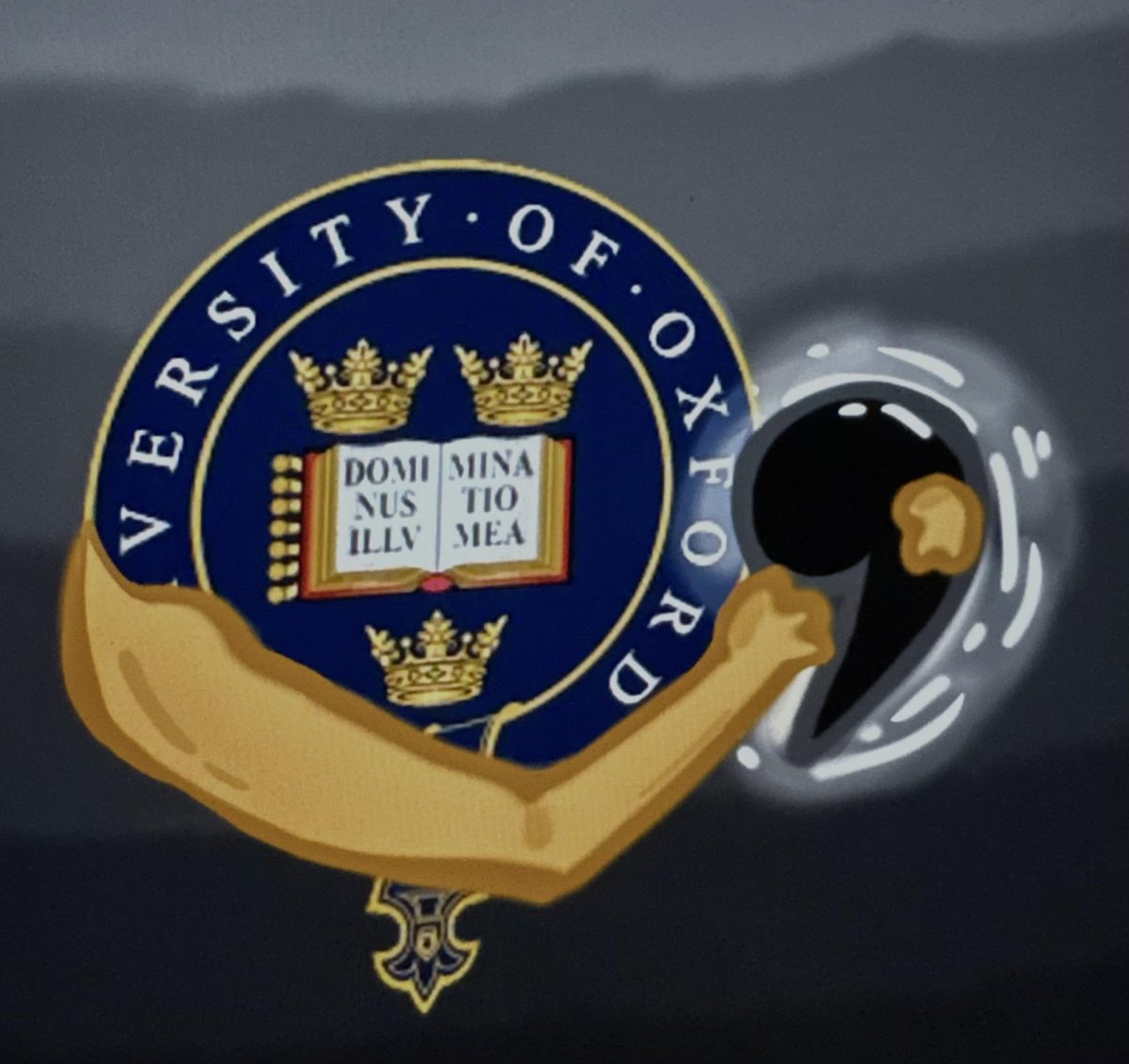


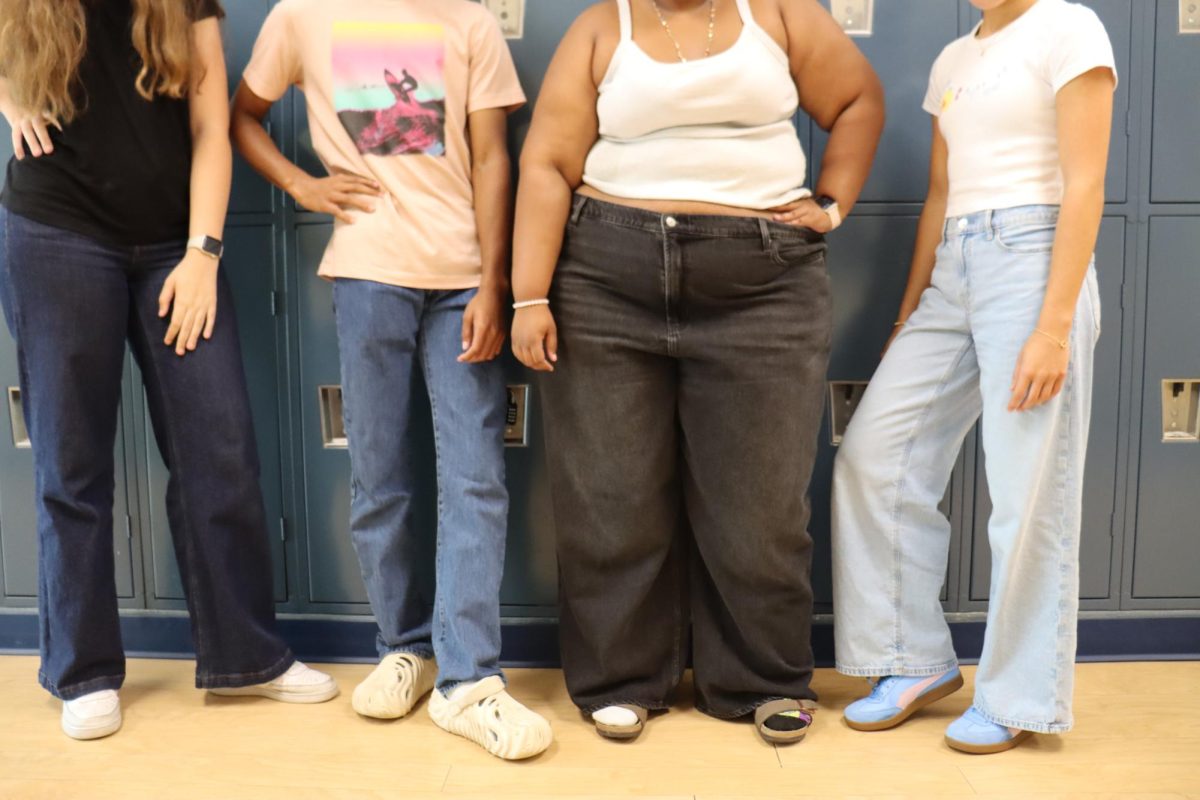
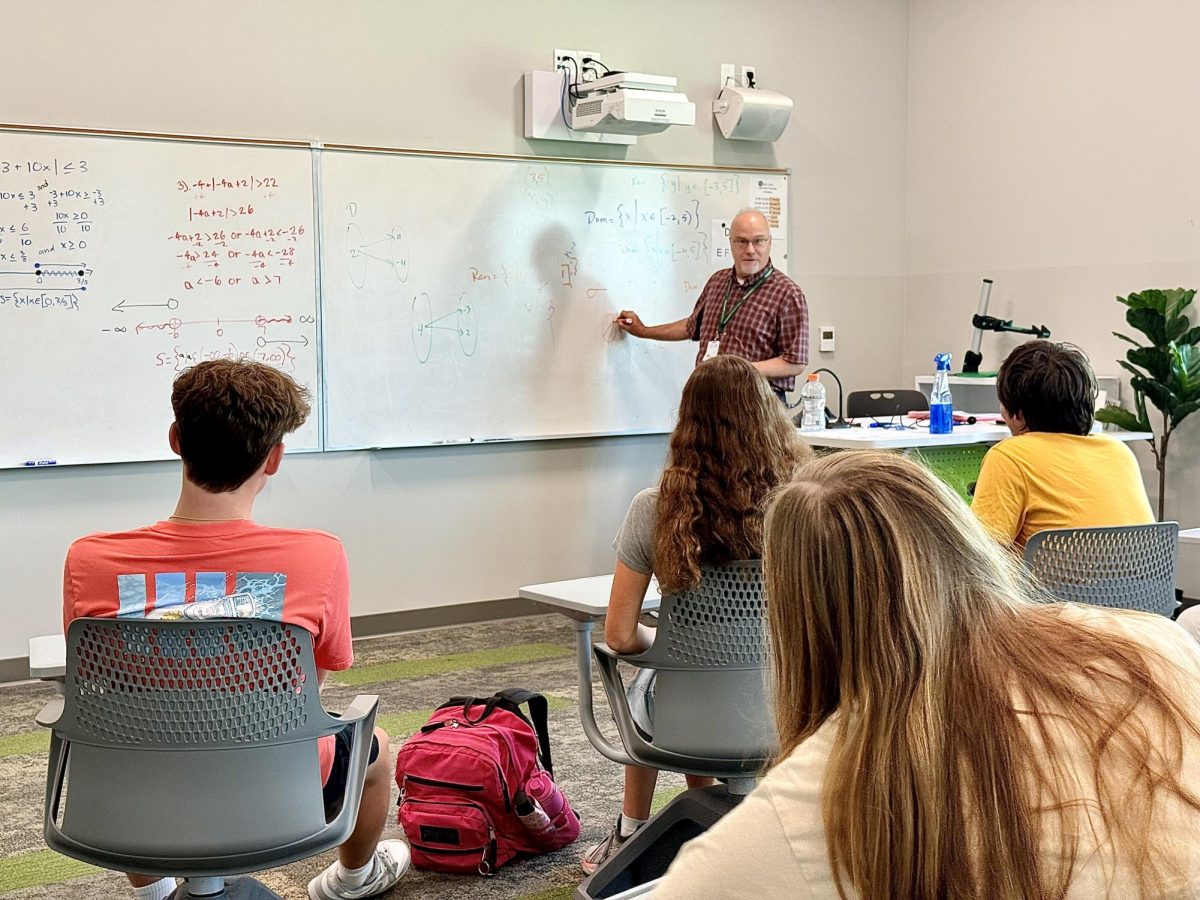


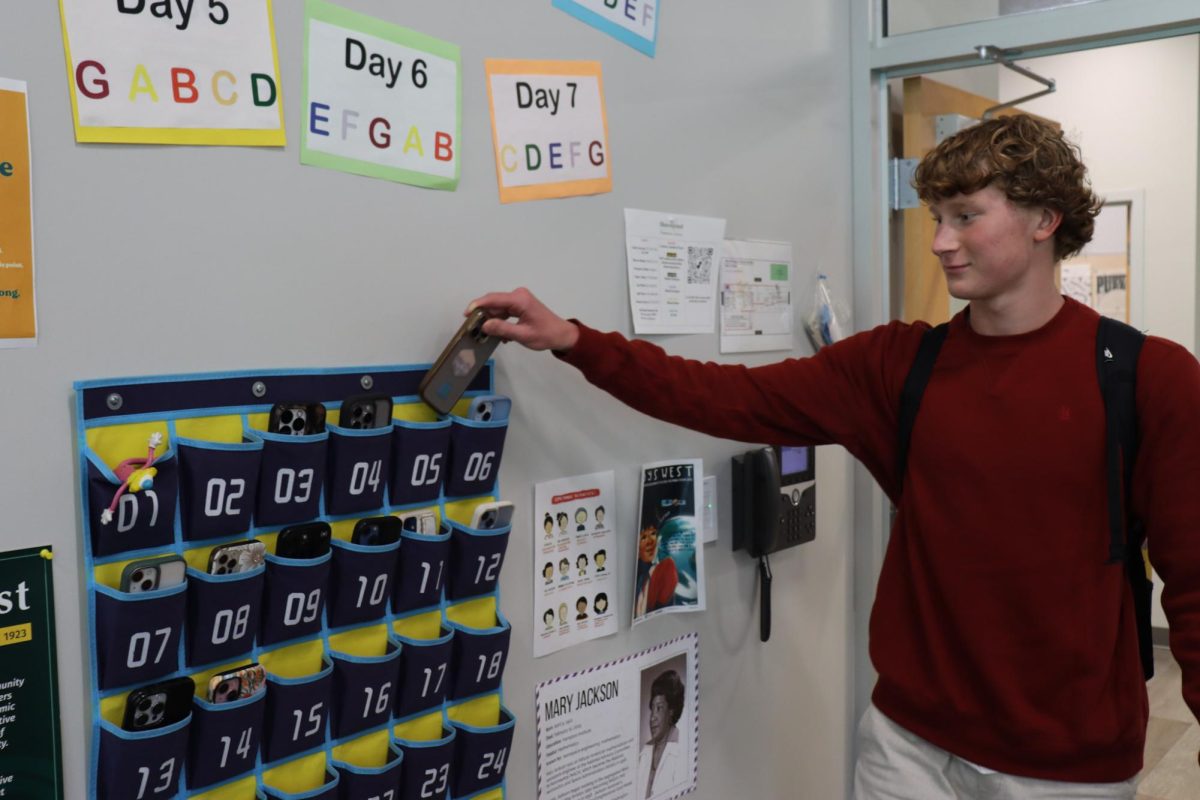
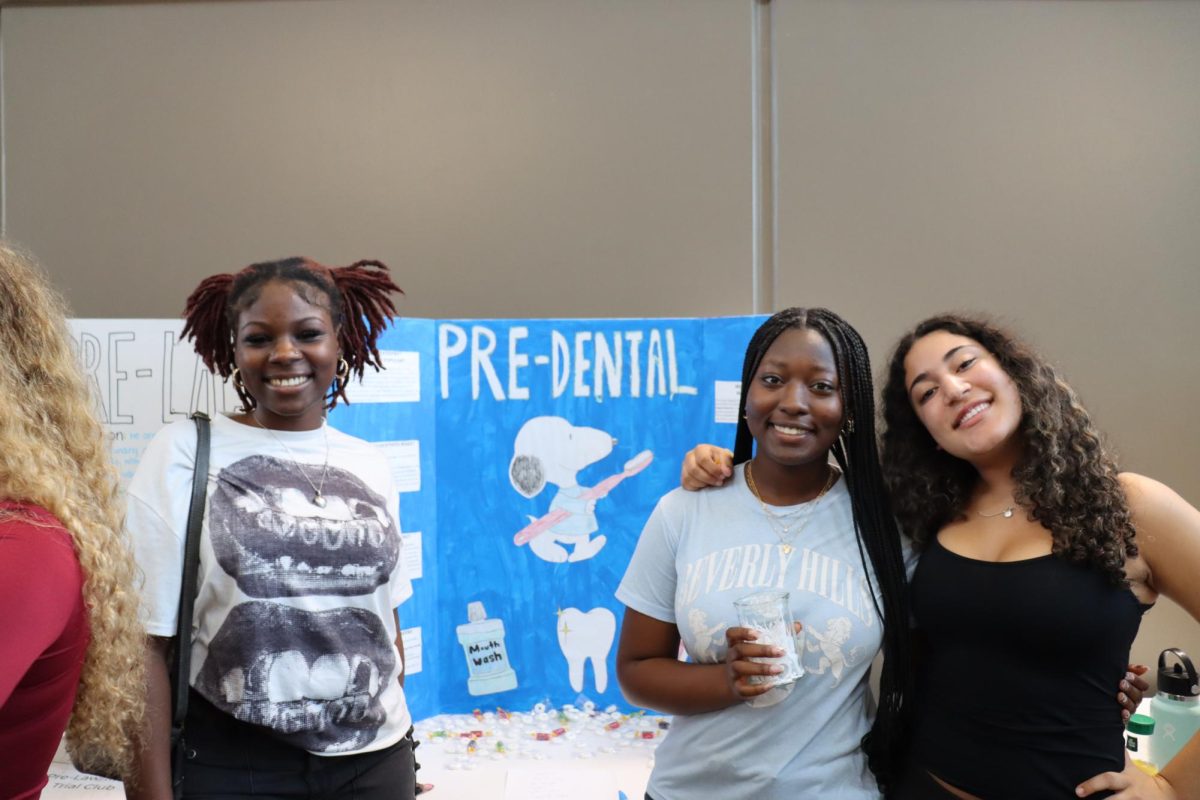
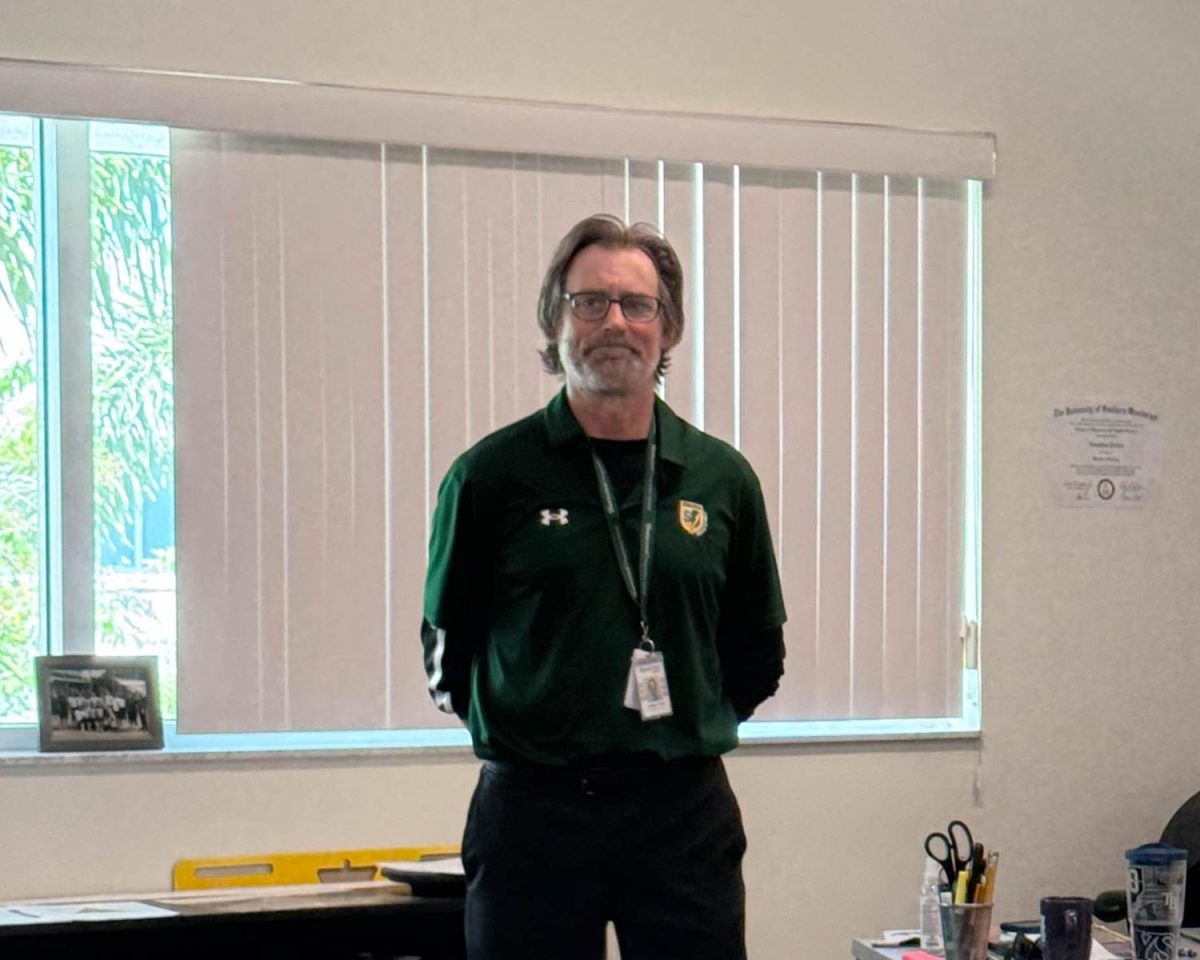
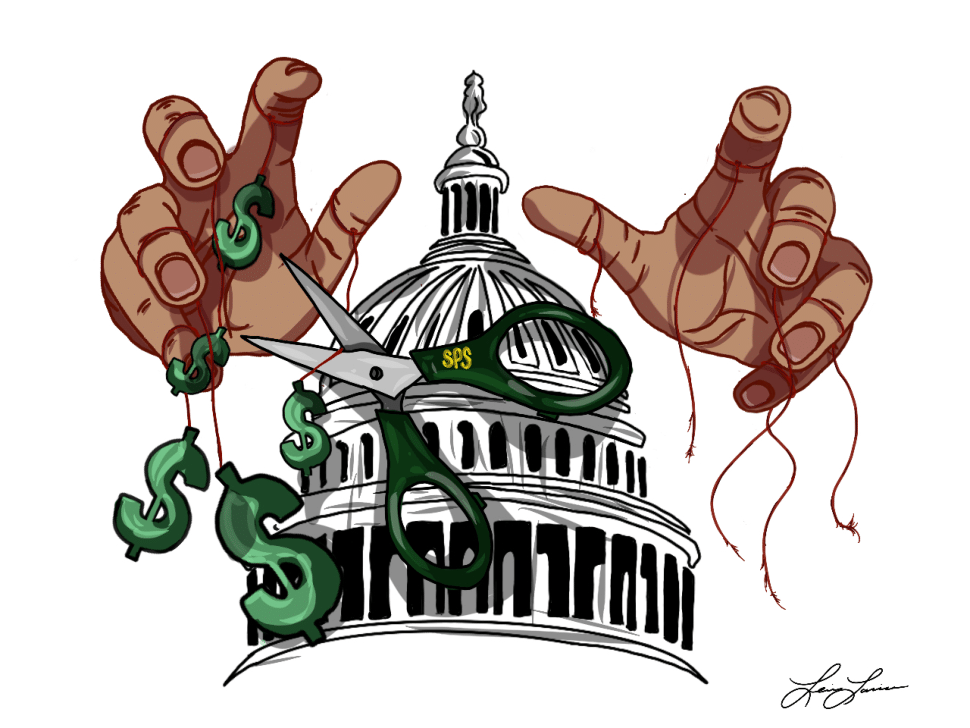


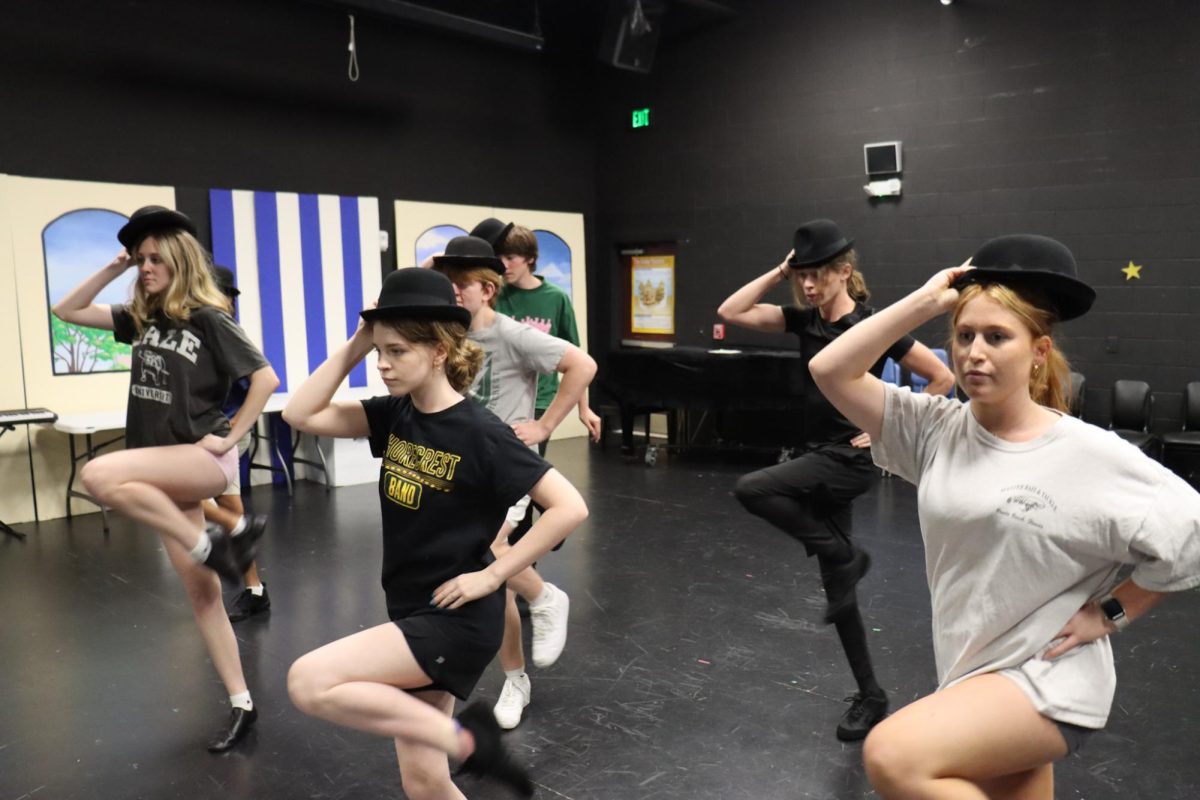
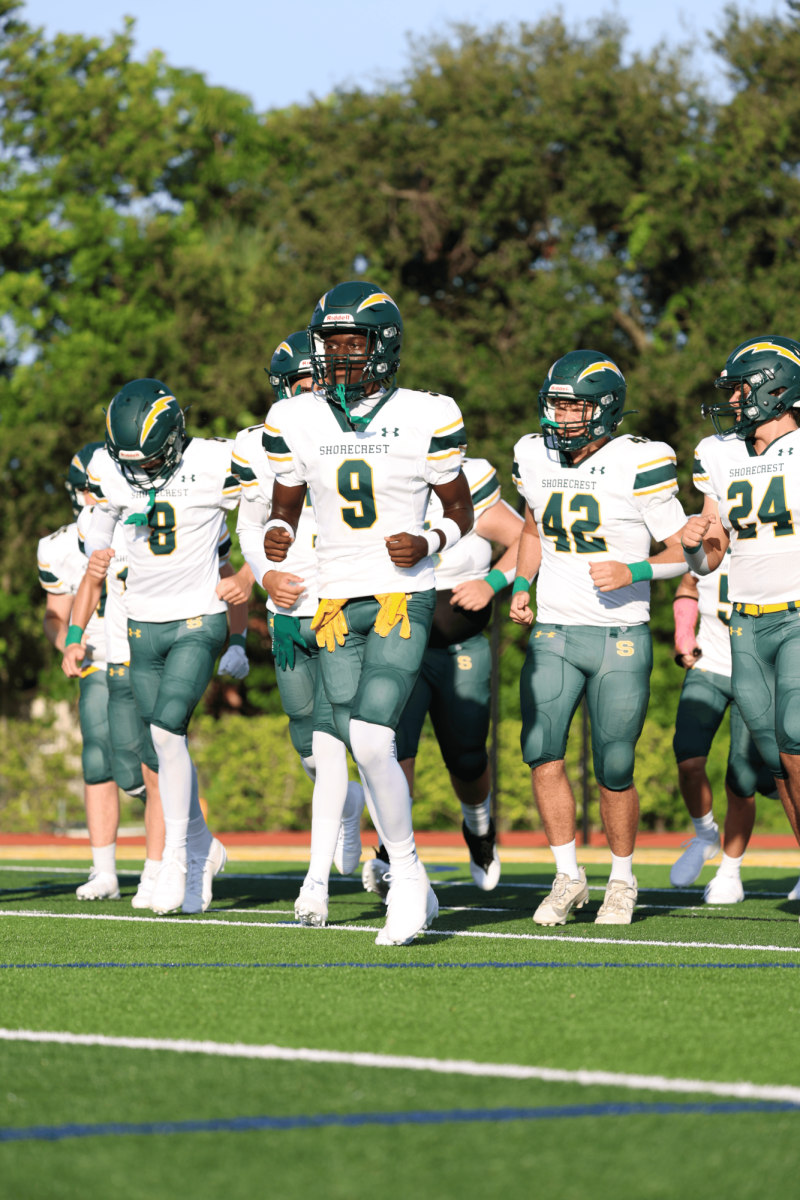


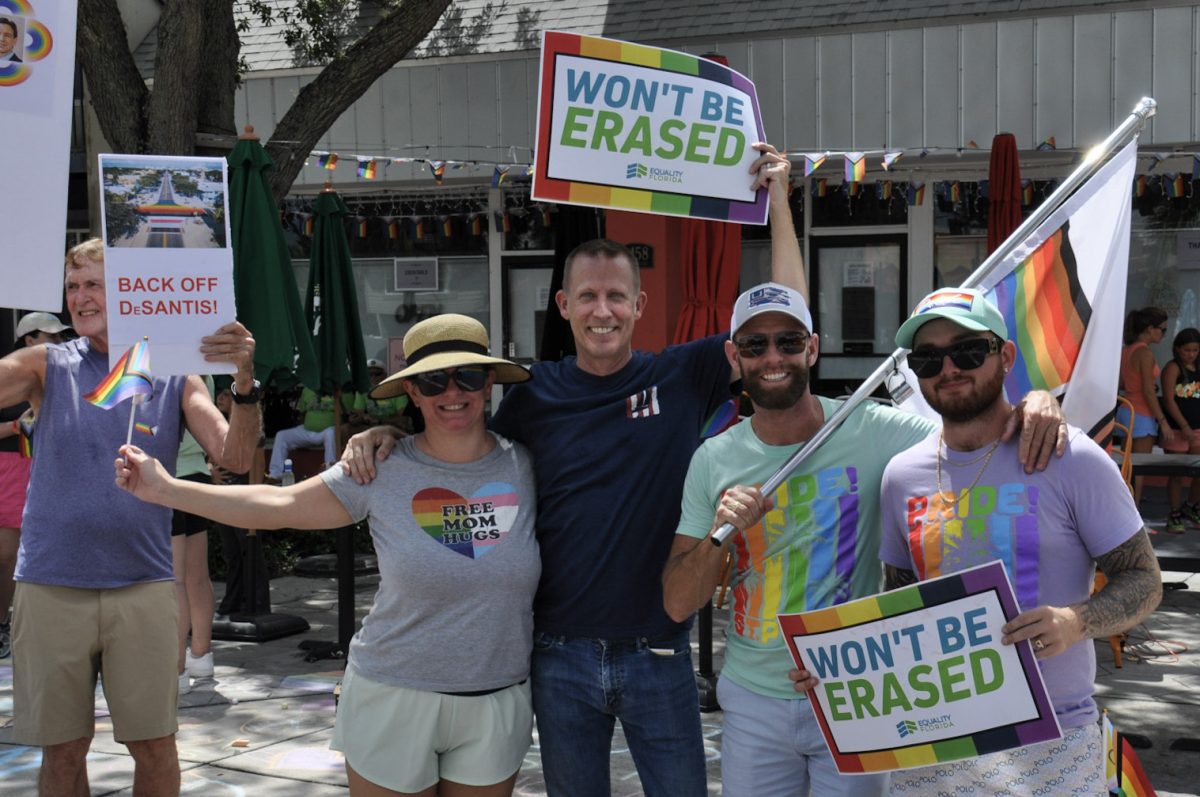
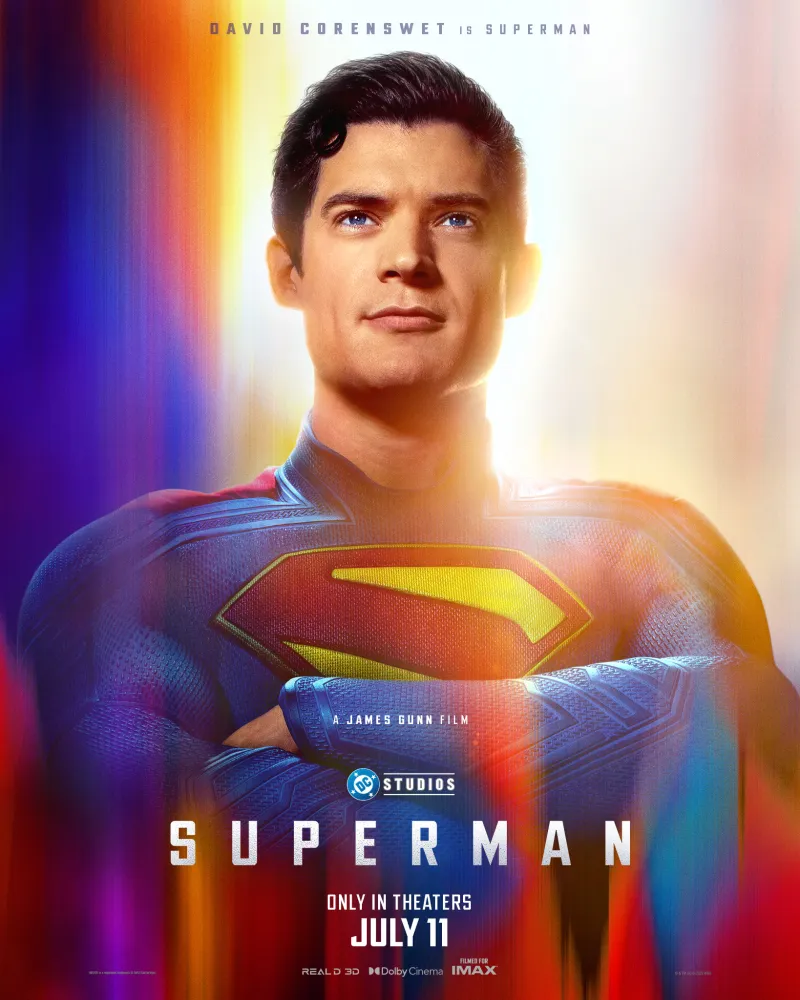
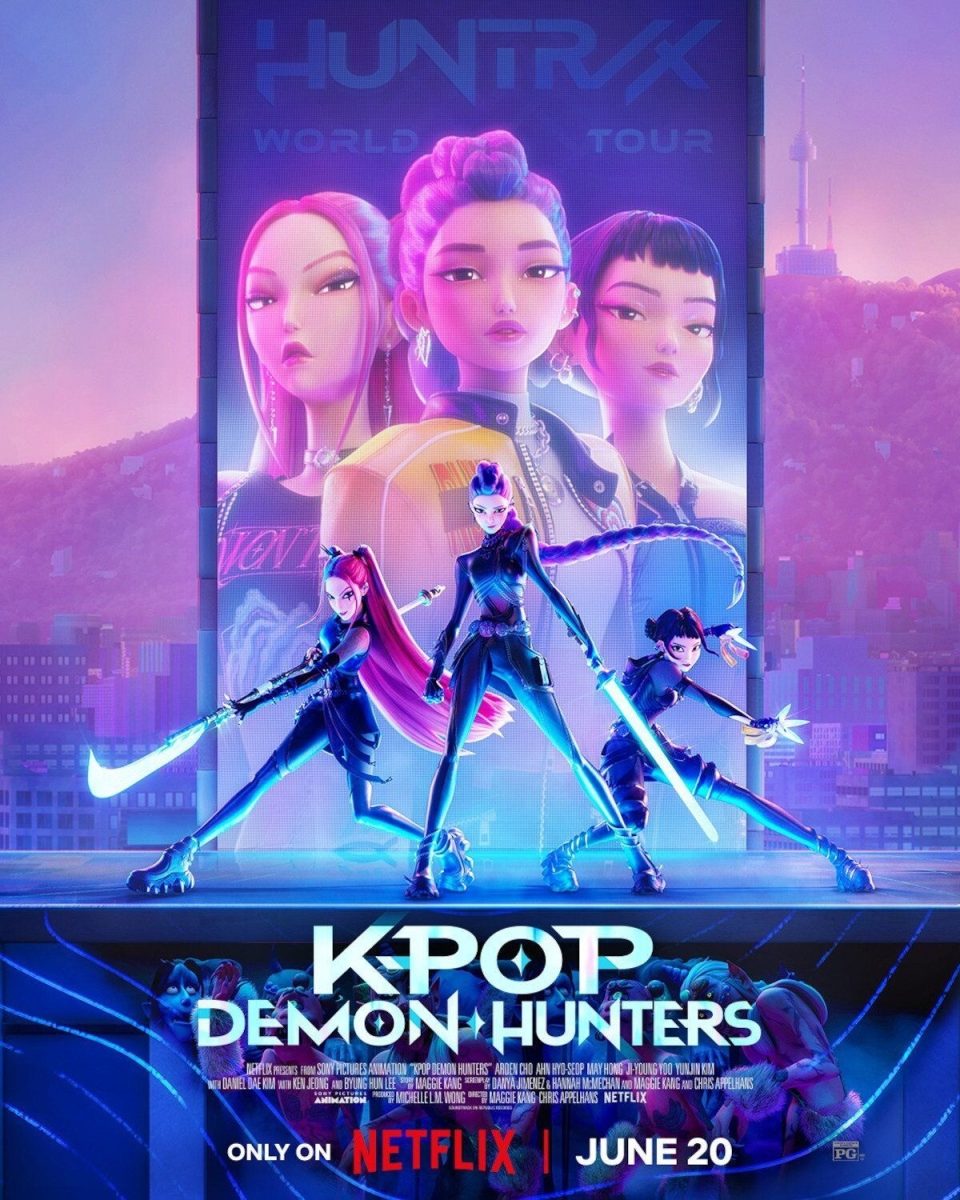



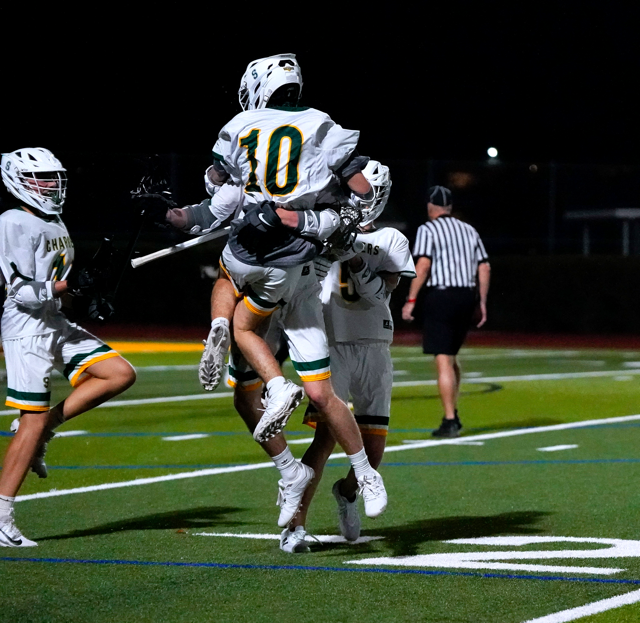

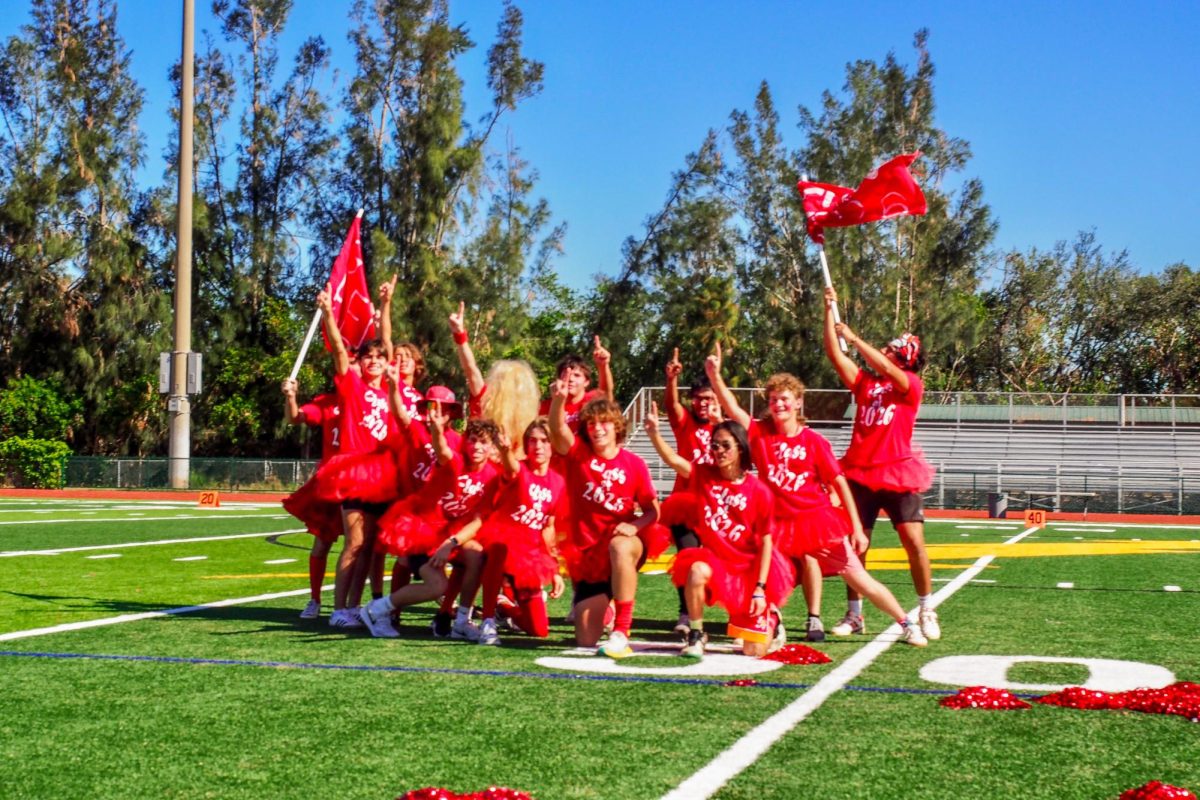
![Thespians pose on a staircase at the District IV Thespian Festival. [Front to back] Luca Baker, Maddison Cirino, Tanyiah Ellison, Alex Lewis, Summer Farkas, Jill Marcus, Ella Mathews, Sanjay Sinha, Isabella Jank, Sofia Lee, Boston Littlepage-Santana, Sally Keane, Tyler Biggar, Tanner Johnson, Jasper Hallock-Wishner, Remy de Paris, Alex Jank, Kaelie Dieter, and Daniel Cooper. Photo by Michael McCarthy.](https://spschronicle.org/wp-content/uploads/2024/12/image1-900x1200.jpg)
